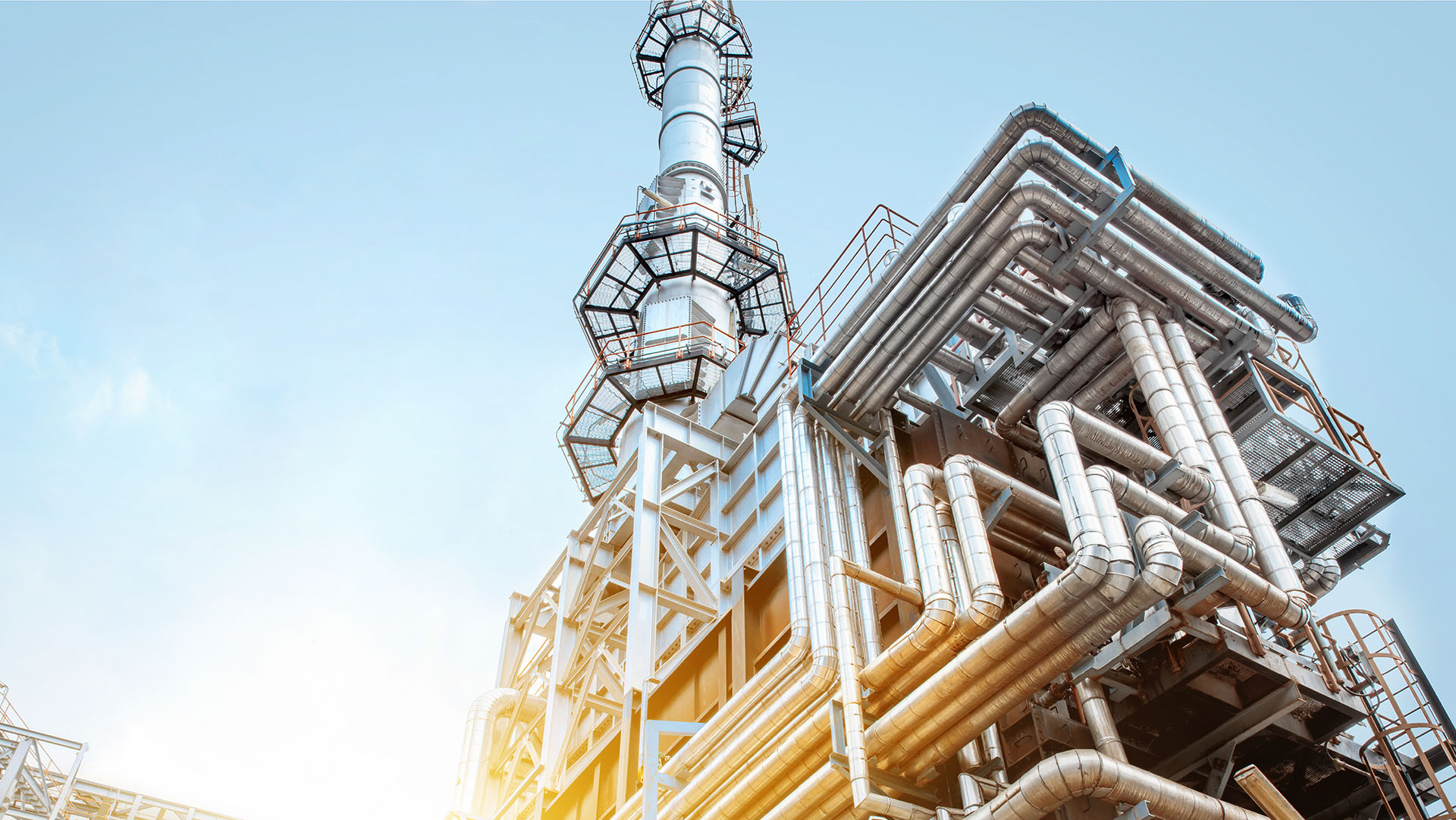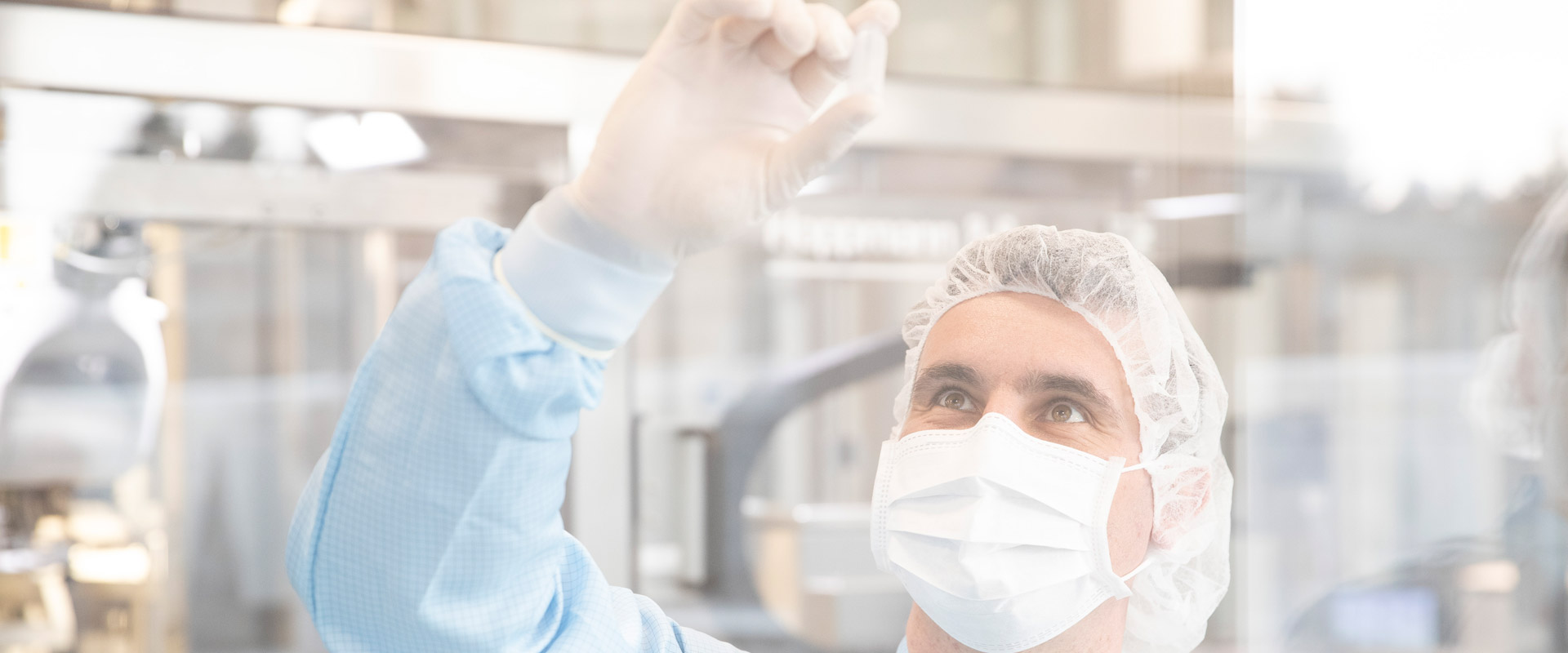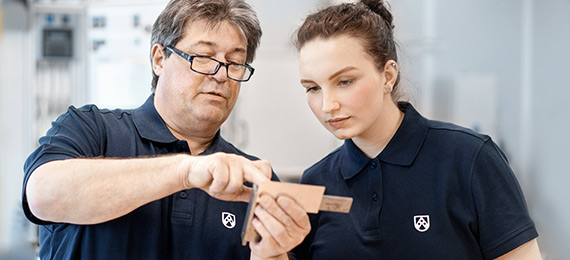Conditions for creating a secure welded bond
New welding machines at the development centre
Although barely visible, it plays a key role in operational safety and the service life of tanks: the weld seam. Depending on their intended use, tanks must have a service life of several decades. Weld seams ensure a secure bond to the sheets material. Tank builders thus need materials that can easily be welded and provide a secure and durable weld seam. At its Haren site, Röchling has put two new, modern welding machines into operation at the development centre. They offer new possibilities for weldability analysis and the development of new materials for tank construction.
As a full-service provider for chemical tanks and plant construction, Röchling offers a unique variety of materials for the construction of round and rectangular tanks that is arguably unmatched on the market. Röchling plastics are used for tank construction throughout the world. In order to ensure weldability, regular tests are carried out on welded joints in the development centre at the Haren site. This allows Röchling to ensure the highest quality of existing materials while simultaneously incorporating its expertise into the development of new materials.
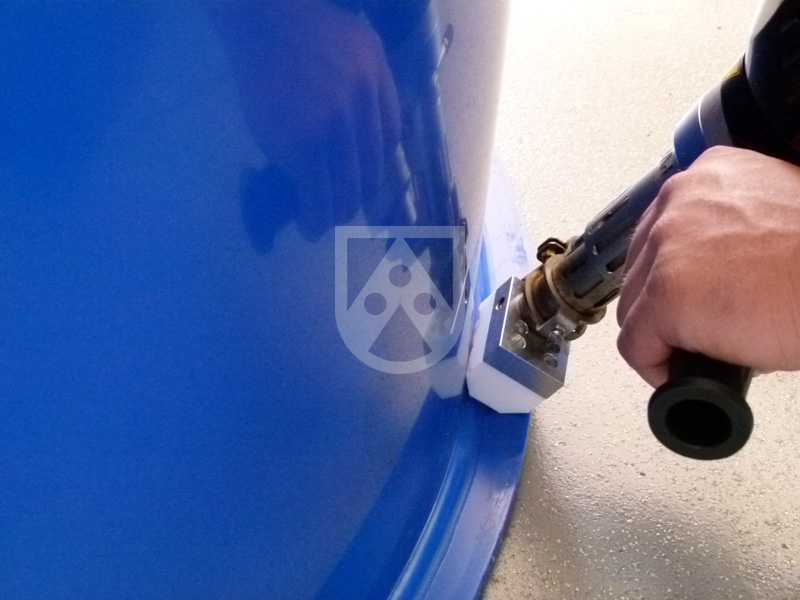
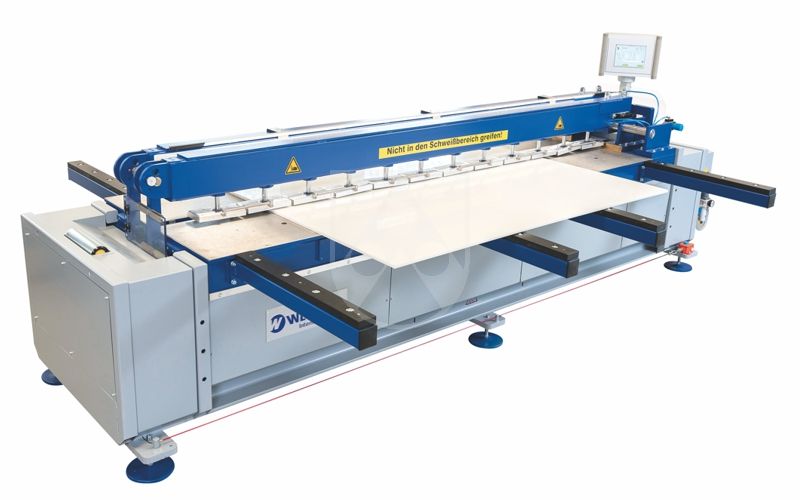
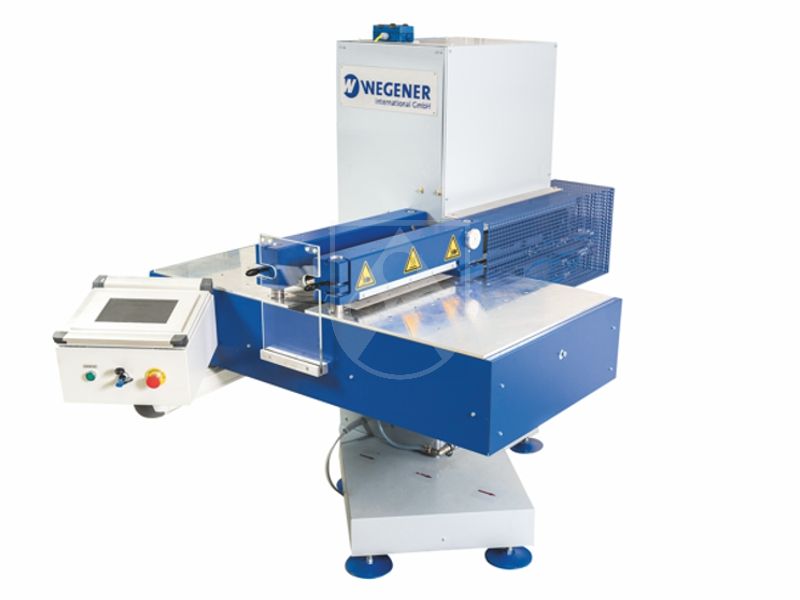

New heating element butt welding machine
In order to improve and optimise the weldability of sheet material, Röchling has put into operation a new large-format heating element butt welding machine at its development centre in Haren. It allows the welding of materials with a sheet thickness of more than 60 mm and is also used for workshops and training sessions. The system is particularly suited to testing welded joints on large-format panels.
New laboratory welding machine
Another recent innovation is a laboratory welding machine, which offers new possibilities for the development of tank materials. Each material must be welded in accordance with specific welding parameters: a defined temperature, a defined pressure and a defined strength. For standard plastics such as PE and PP, the parameters are included in the internationally recognised rules for the joining of plastics provided by the German Association for Welding and Related Technologies (DVS). The new laboratory welding machine facilitates the development of welding parameters for materials not included in the guidelines of the DVS, including for highly fluid and and flexible materials.
All welding activities at Röchling are carried out by trained plastic welding specialists in accordance with DVS 2213. Their training covers the basics of welding with various welding practices and qualifies personnel to evaluate, assess and test welded joints.
Non-destructive testing methods
Both destructive and non-destructive testing methods are used to assess welded joints. The non-destructive test at Röchling is performed using a high-voltage spark tester, which locates welding errors with a voltage disruptive discharge. A conductive element is placed on one side of the component being tested and a hand-held device is used to generate high voltage on the other side. The strength of the voltage depends on the type and thickness of the material of the test specimen. If there is a weak point on the weld seam, a voltage disruptive discharge results.
Destructive testing methods
When destructive testing methods are used, the component being tested is no longer usable following testing. Both technological bending tests in accordance with DVS 2203-5 and tensile tests in accordance with DVS 2203-2 assess welded joints by testing their deformability and thus the quality of their workmanship. Bending tests measure the bending angle under bending pressure and evaluate the fracture pattern. Tensile tests determine a short-term welding factor under tensile load and the fracture pattern is also evaluated.
Contact
The tests and the new welding machines help to ensure the high quality of Röchling materials and contribute to the development of new, innovative plastics.
We are happy to inform you in detail about our extensive range of materials for tank construction. Just use our contact form at the bottom of the page and write to us.


